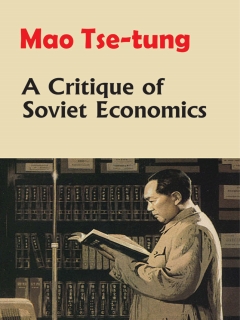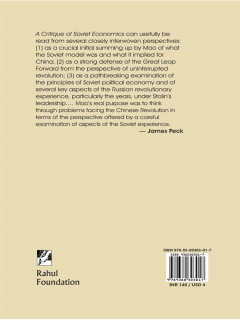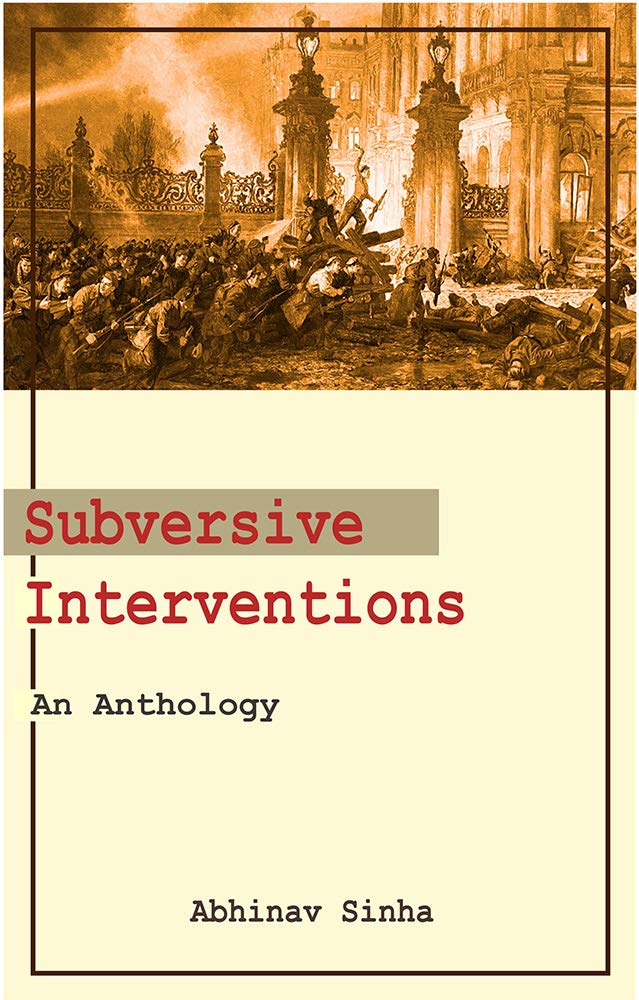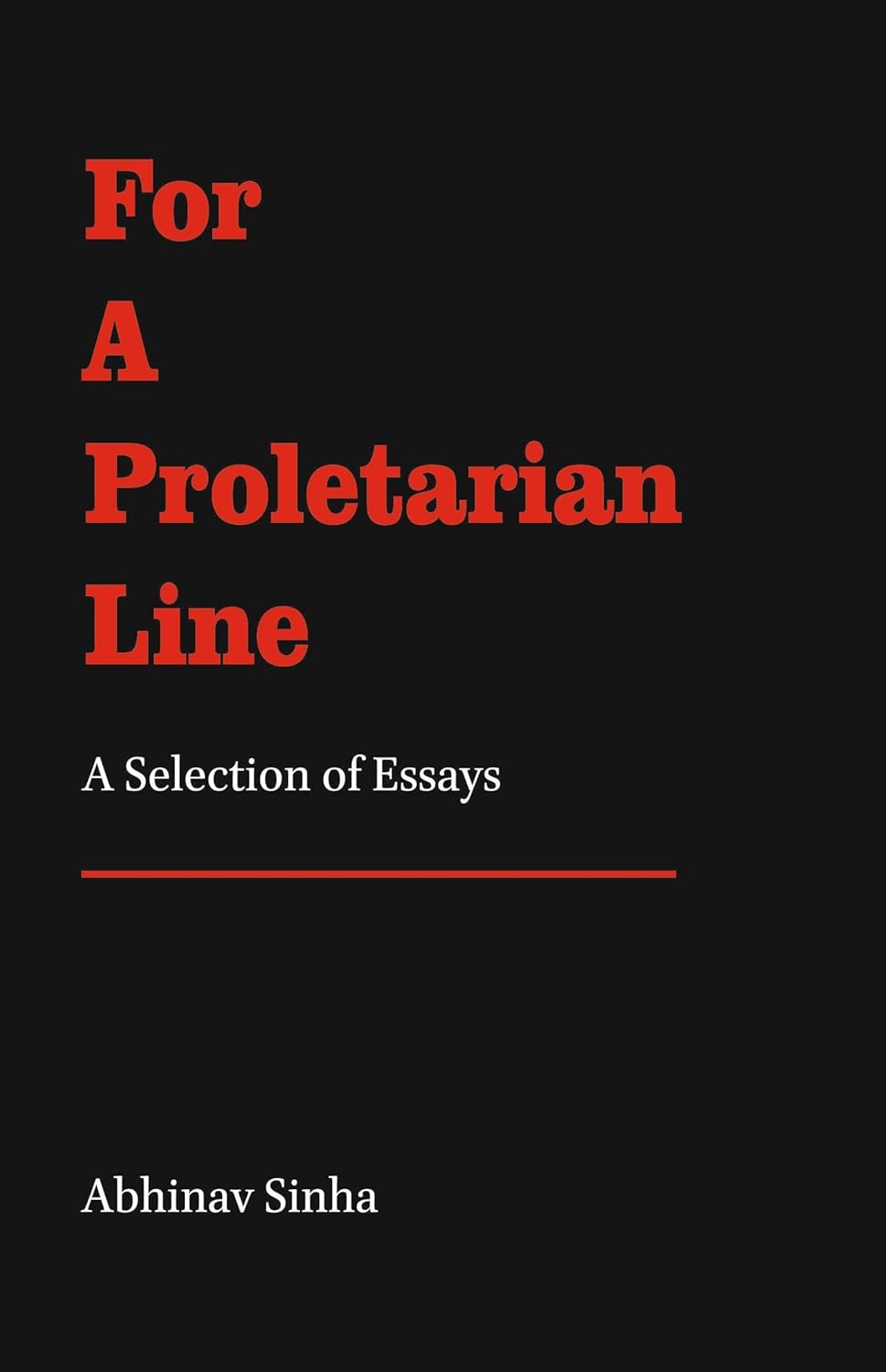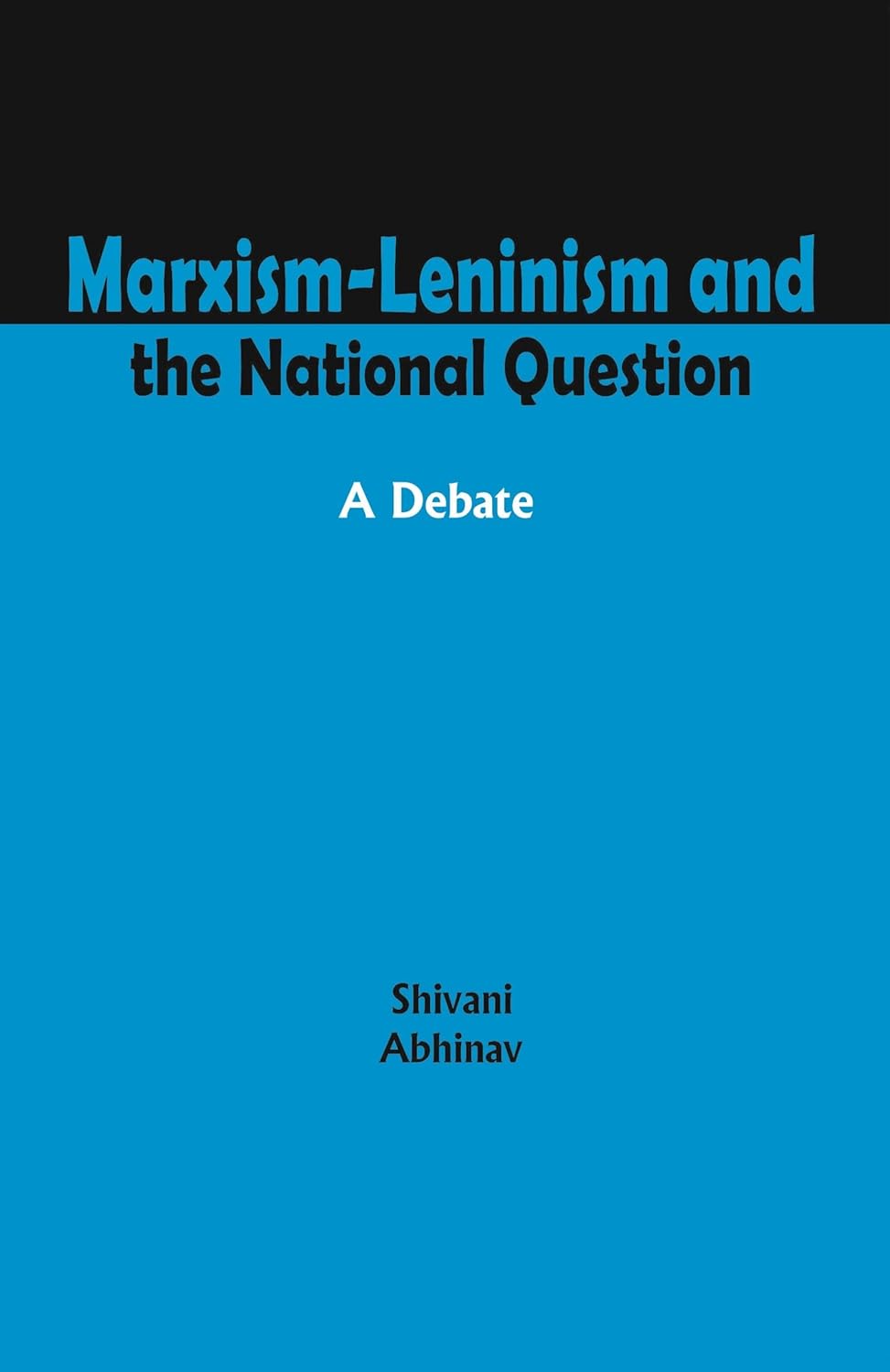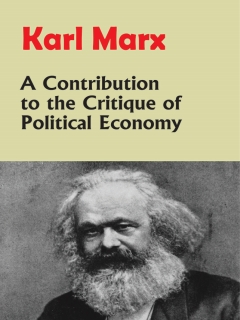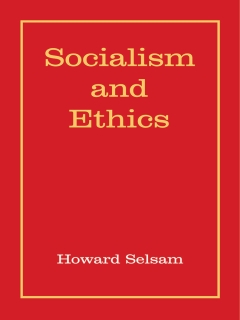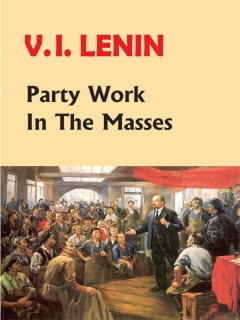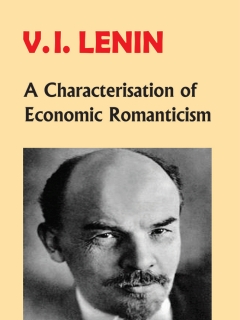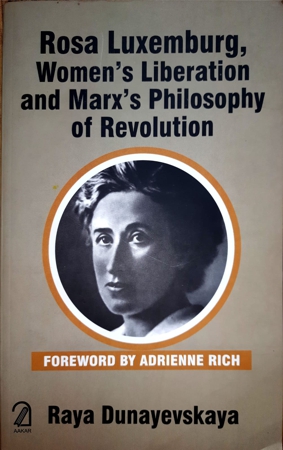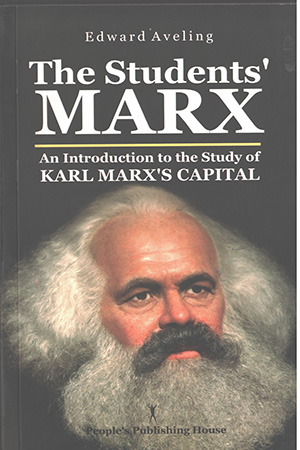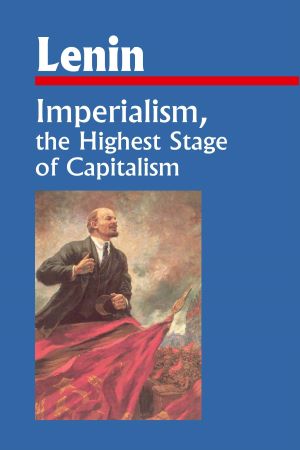- Fast delivery worldwide
- Dispatch from the Store in 2 working days
- Status: Out Of Stock
A Critique of Soviet Economics
Book Details
- Choose Book Type:
- Pages:144 pages
- Edition Year:2023
- Publisher:Rahul Foundation
- Language:English
- ISBN:978-93-80303-01-7
Book Description
These writings of Mao Tse-tung, brought together here under the title A Critique of Soviet Economics, date from the period during and immediately after the Great Leap Forward, a time when the Chinese Revolution began to break decisively with the Soviet Union and its model of development. With the Great Leap, a distinctive Chinese road to socialism emerged. But it was a road paved with a decade of controversy over the course of China’s socialist development. At the heart of many of those disputes within the Chinese Communist Party was the question of the applicability of the Russian experience to building socialism in China. In analyzing their own society, the Chinese Communists have long studied the Russian Revolution for inspiration and practical suggestions, as well as for a general perspective on the course of their own revolution. To them, the Soviet Union is a model from which both negative and positive lessons can be drawn. Thus it is not surprising to find Mao, at such a pivotal stage in the Chinese Revolution as the Great Leap, once again turning to a study of Soviet experience. This time he did so through a critique of two Soviet books, Political Economy: A Textbook and Joseph Stalin’s Economic Problems of Socialism in the USSR. By the time Mao wrote his critique, however, he had moved away from trying to adapt Soviet methods, as he and other party leaders had sought to do in the early 1950s, and instead began to advocate strongly a wide range of alternatives.
A Critique of Soviet Economics can usefully be read from several closely interwoven perspectives: (1) as a crucial initial summing up by Mao of what the Soviet model was and what it implied for China; (2) as a strong defense of the Great Leap Forward from the perspective of uninterrupted revolution; (3) as a pathbreaking examination of the principles of Soviet political economy and of several key aspects of the Russian revolutionary experience, particularly the years, under Stalin’s leadership.
The texts translated in this volume include a critique of the Soviet work, Political Economy: A Textbook, along with a supplement Mao wrote to his own critique, a talk on Stalin’s Economic Problems of Socialism in the USSR, and a critique of the Economic Problems of Socialism in the USSR. Mao’s consideration of Stalin’s Economic Problems together with the Russian political economy text is quite appropriate, as Stalin’s work was itself written as a series of comments for the draft textbook on political economy, which was finished and released only after his death. This Russian text in its various Russian Chinese editions circulated in China from the mid 1950s on. After the Lushan Conference in 1959, Mao called upon party members to critically study the third edition. This was the edition upon which his critique is based.

